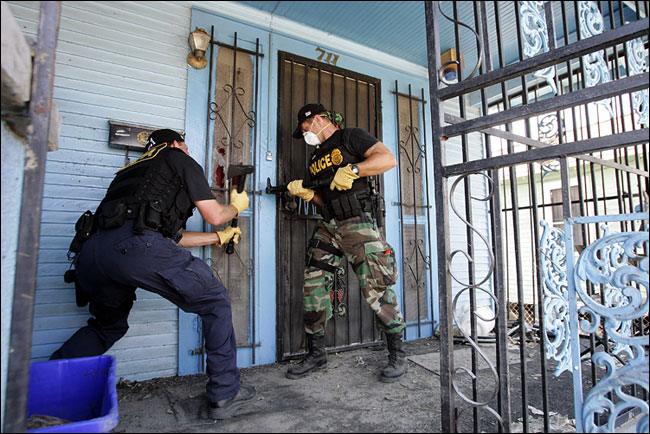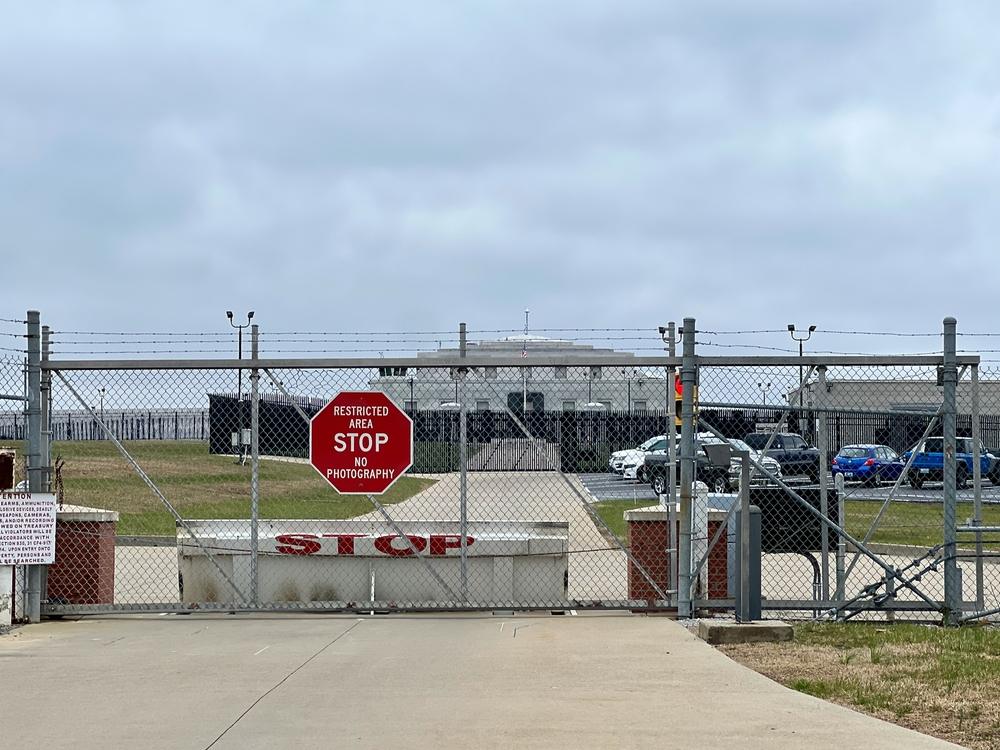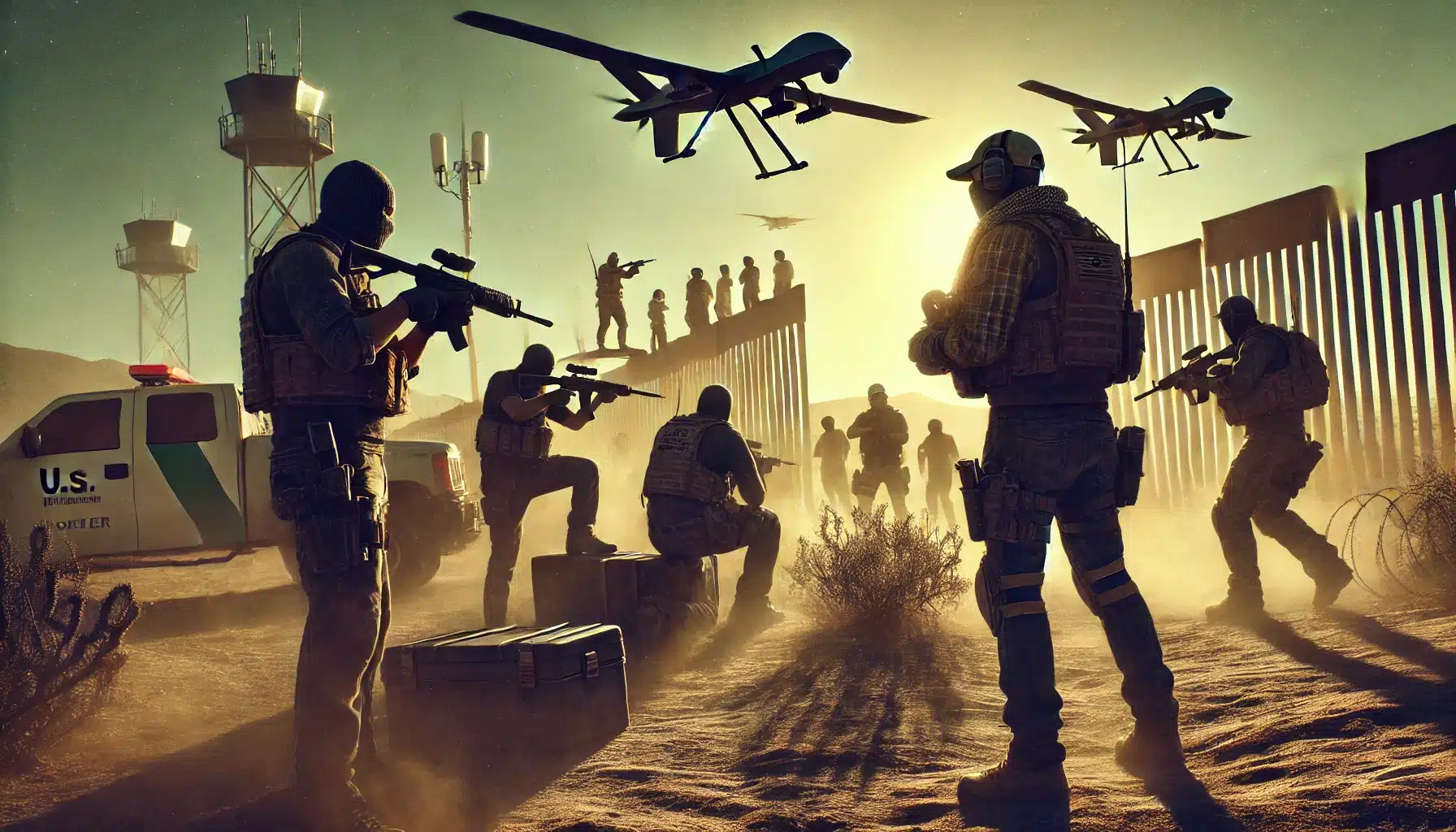 Nebraska could soon become the latest state to bar state authorities from banning or confiscating guns from law-abiding citizens during a state of emergency.
Nebraska could soon become the latest state to bar state authorities from banning or confiscating guns from law-abiding citizens during a state of emergency.
The State Senate has unanimously passed a bill, LB 390, which is designed to stop martial law gun confiscation. If signed into law, the bill would prevent state authorities from confiscating guns during martial law, although it would have no impact on the federal government.
LB 390 amends the state’s Emergency Management Act to “prohibit the suspension or limitation on the sale, dispensing, or transportation of firearms or ammunition by the Governor during a state of emergency; to proscribe prohibitions or restrictions on the possession, use, carrying, transfer, transportation, storage, or display of firearms or ammunition during a state of emergency.”
All 39 members of Nebraska’s Senate voted for the measure, according to the Associated Press. Because Nebraska’s legislature only has one chamber and is unicameral, the only obstacle that could keep the legislation from becoming law is the governor’s veto. It is highly likely that Governor Dave Heineman will sign the bill.
The National Rifle Association has managed to get similar legislation passed in 34 states, according to the Associated Press.
Legislation Inspired by Katrina Gun Confiscation
The National Rifle Association (NRA) has been backing laws similar to LB 390 around the nation because of gun confiscation that took place after Hurricane Katrina devastated New Orleans in 2005.
How to hide your guns, and other off grid caches…
“No one will be able to be armed, we will take all the weapons,” New Orleans Deputy Police Chief Warren Riley told the media. Riley made the announcement after New Orleans Police Superintendent P. Edwin Compass III barred everybody but law enforcement from carrying weapons in the city.
After those announcements, law enforcement officers seized weapons from hundreds of people. The NRA made a video in which several people described how their weapons were taken.
The video even contains footage of an officer tackling Patty Konie, an elderly woman who was holding an unloaded revolver. The police were trying to evacuate Konie from her home against her will.
“I really thought they were gonna kill me,” Konie said of the police.
“We Felt Like Criminals”
“We felt like criminals at the time when they come up to us with M16s or AR15s,” Wayne Schum said of St. Tammany’s Parish Sheriff’s deputies, National Guardsmen and members of the Coast Guard. Schum and his friend, Richard Styron, were crossing Lake Pontchartrain in a boat when they were stopped. The lake separates New Orleans from St. Tammany Parish.
Story continues below video
“We had identification. We were coming back from a house that we were taking the weapons out of so criminals wouldn’t break in and steal,” Styron said.
“I felt like it was un-American and we were violated,” Schum said.
Louisiana resident Marie Galatis also had police threaten her.
“I had my Bible and I had my gun and I knew I was safe,” Galatis, a Baptist minister, told the NRA. Galatis claimed that thugs were terrorizing her neighborhood and the police threatened to take her guns. She said police backed down and let her keep her gun.
“You’re letting the thugs get away with everything and you’re coming to honest good citizens and taking their protection,” Galatis said.
Police Destroyed Guns In Front of Owners
Robert Zas saw Katrina destroy his home and the New Orleans Police destroy his guns. Zas was driving his family out of town when police stopped him and searched his vehicle. He said they smashed a revolver and a rifle.
“We didn’t have any rights,” Zas said. “I mean they treated us like criminals. They treated us like if we were in a third world country.”
“It was mayhem,” Zas added. “New Orleans police did not have control of the city anymore so the only plan they thought I guess was to take the guns away from the people.”
They Didn’t Care About Rights
“Automatic rifles pointed at you, I mean you don’t have any choice,” Buell Teel said of St. Tammany Parish sheriff’s deputies. He said five deputies stopped him while he was taking a boat to the city and took his rifles at gun point. At the time of the confiscation the rifles were locked in cases.
Teel was a contractor who was trying to find a route to take a barge to go to New Orleans.
“They didn’t care what your rights were,” Teel said of deputies. “They were going to deny them.”
When he asked for receipts for his weapons, deputies refused. A deputy said they were not writing receipts because they would have been out all there day writing receipts, Tell claimed.
“It made me angry when they told me to go get a lawyer if I wanted my guns back,” Teel said.
Sign up for Off The Grid News’ weekly email and stay informed about the issues important to you










